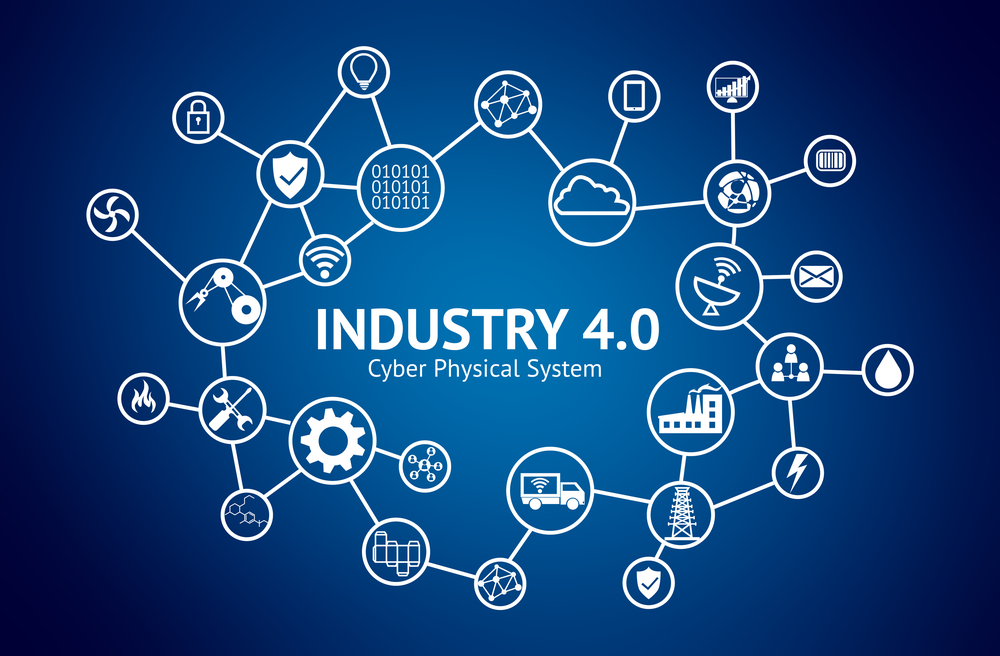Industry transformation can be defined as the utilization of information technology to boost productivity and improve productivity.
Since the end of the last economic crisis, it has become increasingly common for companies to make small but significant modifications to how they operate. Even when the change involves a single function or strategy, such as how office space will be used, it is essential to prepare for such a change. Information technology is one of the tools that companies use to facilitate the implementation of new processes and procedures.
Modern software implementation
Modern software helps companies collect and manage digital documents, thereby streamlining various business processes. However, customers also need the means to share and transmit information digitally.
A document is a representation of information in various types of digital form, including audio and video. To ensure that this type of digital document is useful to all parties involved, an industry-focused strategy must be developed.
Many modern retail businesses are now embracing the use of industry-specific software to implement industry-wide strategies. For example, hospitals are now using industry-specific software to handle medical records. Large retailers are now using data mining software to gather the most relevant data about their customers.
Data collection
The purpose of an industry-specific tool such as a large document management system (LMDMS) is to provide a centralized place for companies to find information that is related to their specific industry. In this way, it is possible to collect the most relevant information related to industry themes and to use it to develop industry-wide strategies.
Industry transformation requires a different kind of approach than that of normal business. Instead of developing processes and strategies specifically for industry, digital documents, associated files, and applications must be treated as universal resources. A universal resource such as digital documents is more valuable because it can be modified and applied in a wide variety of environments.
A customer-oriented strategy is necessary for an industry with many potential customers. Since information is usually shared across industries, the conversion of old information into the new information is often time-consuming and costly. Hence, it is important to ensure that no client-specific information is destroyed.
Data rooms are the ideal medium for the exchange of data between clients and business partners. Those data rooms have been established in recent years are an effective means of implementing industry-based strategies. These rooms provide a centralized source of digital information for clients and business partners, and they are great tools for managing information in the workplace.
Industry transformation is an ongoing process. Customers always want to learn more about a company’s products and services, which is why it is crucial to incorporate new ways of sharing information with them.
Companies that want to improve the efficiency of their customer-oriented strategies can turn to enterprise resource planning solutions. These solutions offer the ability to create a unified way of communicating between business partners through a number of methods.
Transformation is a process, not a strategy. It requires the adoption of multiple strategies for a company’s transformation, including a thorough understanding of industry issues, a data room, and enterprise resource planning solutions.
